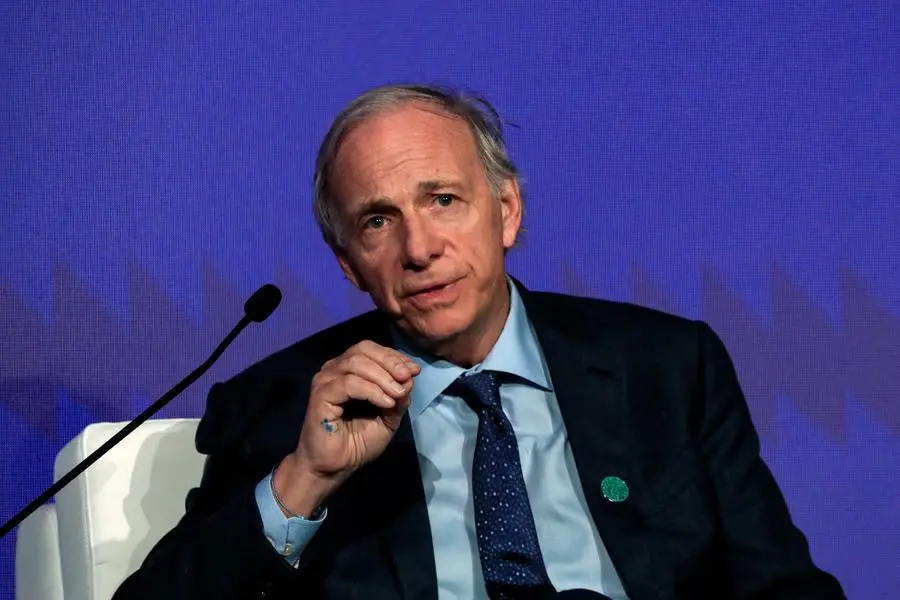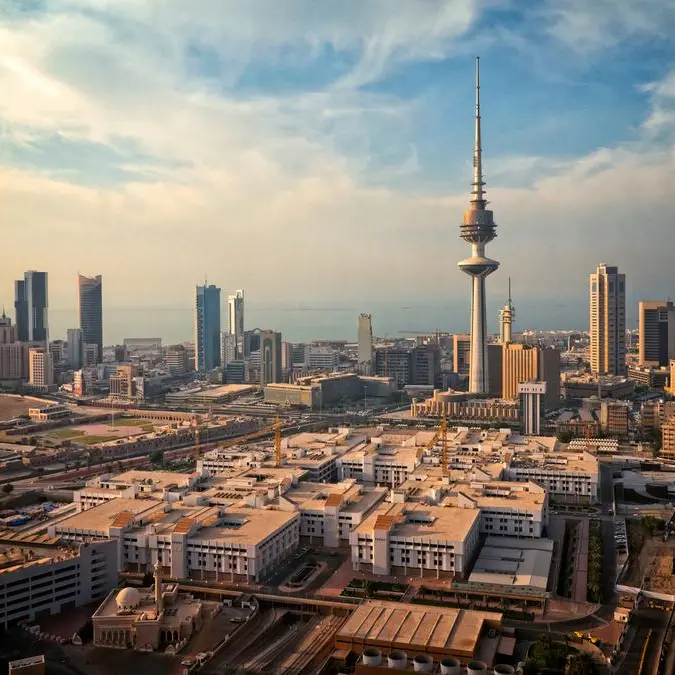PHOTO
Hedge fund billionaire Ray Dalio did not mince words when he spoke about US President-elect Donald Trump’s belief that the era of US-led globalisation has been harmful to America, with the looming threat of tariffs resulting in far-reaching consequences on the global economy.
“I think we are offering operating in an environment which is very much like the 1930s…we are a world at war,” said Dalio, while speaking at Abu Dhabi Finance Week (ADFW) conference in the UAE. “There’s a hard left and there’s a hard right approach, and the hard right approach is a nationalistic approach in which protectionism is a source of tax revenue. And when all that enters into the package, like in the 30s, we call it fascism and communism.”
The founder of asset management firm Bridgwater Associates stressed that the ‘US first’ policy comes at a time when where globalisation has become the norm, where organisations such as the International Monetary Fund (IMF), the World Bank and the United Nations come together to be able to operate in the world as a single community.
“It's now a case of individual interests at odds in a world that has greater internal conflict and also greater external conflict,” he said.
Sergio Ermotti, CEO of UBS, also warned that from a macro standpoint, any level of complacency around this threat of US tariffs and a trade war with China could go too far in terms of “bargain power.”
“Going unchecked, this kind of power could create new inflation, which will eventually translate into higher rates. With that, the sustainability of debt is going to be brought into question, both public and private debt. This could have widespread effects on the global economy.”
The Swiss bank head also spoke of the growing need of diversity and inclusion in a fragmented world, which has been the driving factor behind millionaires looking beyond their borders in the face of an escalation in tariffs, sanctions and barriers.
“These restrictions will impact the flow of capital and eventually make the cost of capital more expensive, and the nations that will be under greater pressure are developing countries. In a sense, this can also lead to an escalation on the geopolitical front. So I have to say, we need to look at these opportunities and prepare ourselves for potential threats and potential turmoil.”
Dalio and Ermotti also spoke of Abu Dhabi’s growing clout in the world of finance, with the hedge fund founder calling the UAE capital a “renaissance state” that was thriving in its neutrality.
“Abu Dhabi’s ability to attract people, deploying innovation technology, its connectivity with financial markets, and the infrastructure that we see now being developed here has been leveraged successfully to draw global wealth here,” Ermotti added. “If I had to compare Abu Dhabi’s financial sector to the Swiss banking one, one of the most important lessons to keep in mind in the value of predictability.
“One of the biggest issues affecting Europe and even Switzerland at this stage is the lack of predictability and so many changes also around the political landscape, regulation, and laws. So, it's very important to have a predictable framework, one that will sustain growth over, over, over the over the years.”
(Writing by Bindu Rai, editing by Daniel Luiz)





















